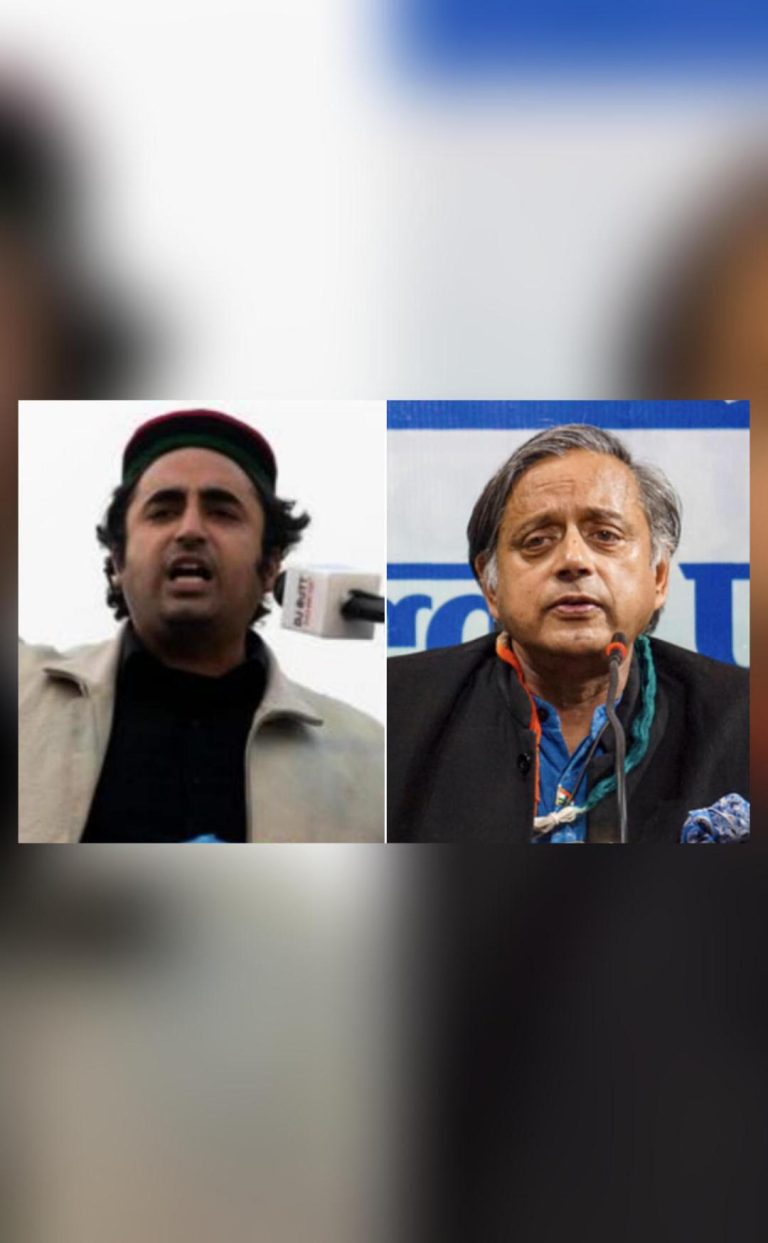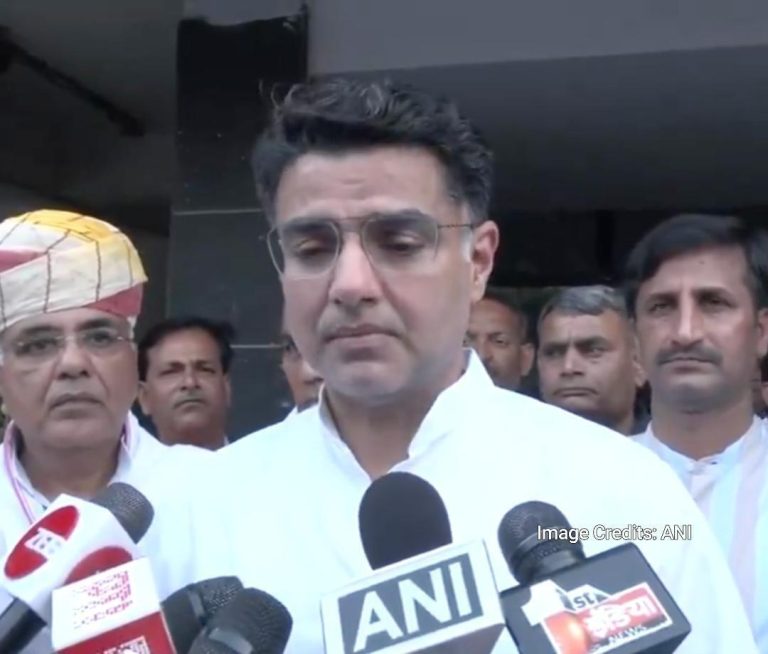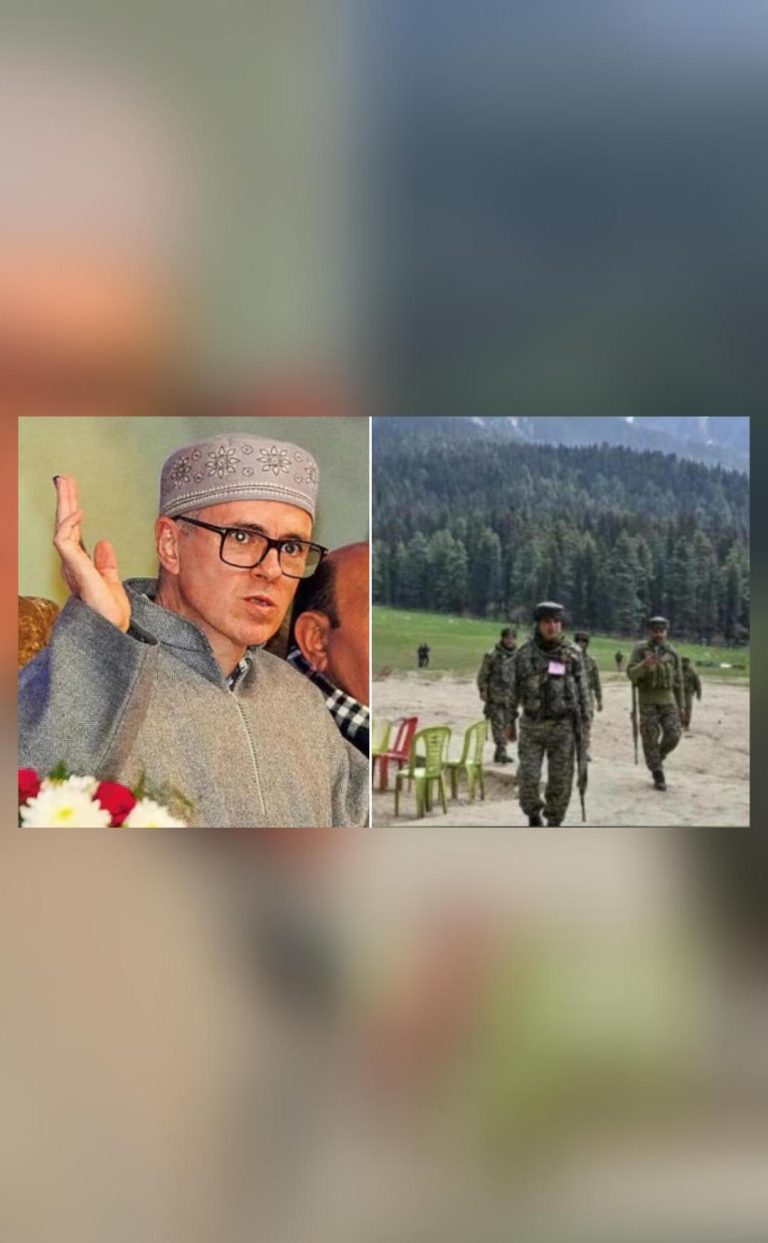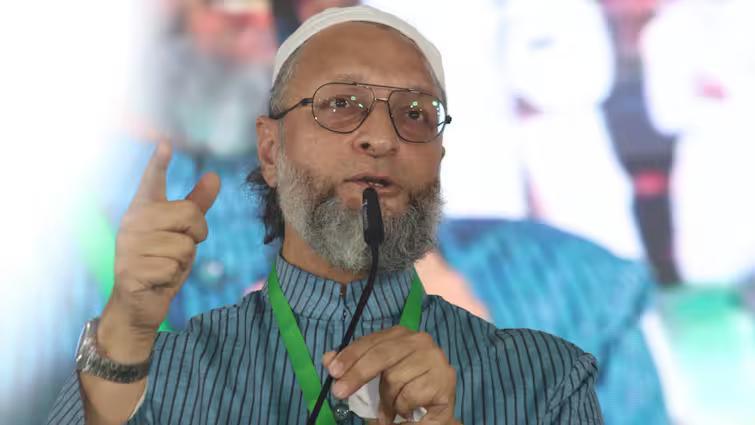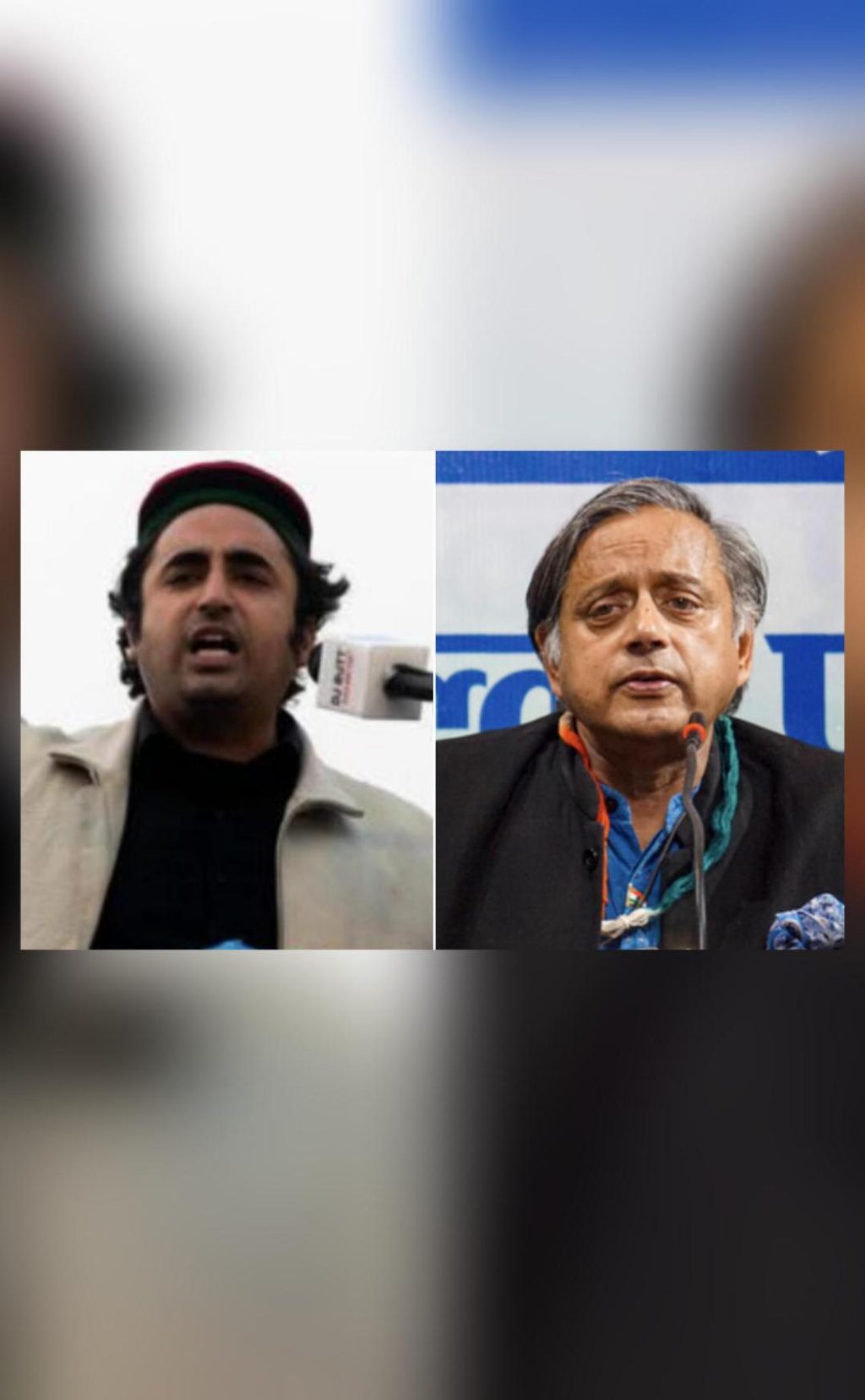
Just Inflammatory Rhetoric: Tharoor on Bilawal Bhutto’s Remark
The Indus Waters Treaty, a decades-old accord between India and Pakistan, has been suspended by the Indian government in response to the recent Pahalgam attack that left several people dead. The move has sparked a heated debate between the two nations, with Pakistan’s Prime Minister Bilawal Bhutto-Zardari making a provocative remark that has drawn strong reactions from Indian leaders.
Congress MP Shashi Tharoor was among those who responded to Bhutto’s remark, calling it “just inflammatory rhetoric.” Tharoor, known for his eloquent and measured responses to contentious issues, took to Twitter to express his views on the matter.
“Pakistanis have to understand they simply can’t kill Indians with impunity,” Tharoor said, adding that if blood is going to flow, it will flow possibly more on their side. His comments reflect the growing frustration and anger among Indians over the constant attacks and killings by Pakistani terrorists and militants.
Tharoor’s reaction was in response to Bhutto’s statement that India’s decision to suspend the Indus Waters Treaty was “an attack on Pakistan’s sovereignty.” Bhutto’s remarks were seen as a provocative attempt to escalate tensions between the two nations, and Tharoor’s response was aimed at countering the Pakistani leader’s inflammatory rhetoric.
The Pahalgam attack, which was carried out by terrorists from across the border, was a stark reminder of the ongoing conflict between India and Pakistan. The attack, which left several people dead and many more injured, was widely condemned by political leaders and civil society groups across India.
The suspension of the Indus Waters Treaty was seen as a necessary step by the Indian government to respond to Pakistan’s constant provocations and attacks. The treaty, which was signed in 1960, is a crucial agreement between the two nations that governs the sharing of waters of the Indus, Chenab, and Jhelum rivers.
However, Pakistan has been accused of violating the treaty on several occasions, including the construction of dams and canals that have reduced the flow of waters to India. The Indian government has also accused Pakistan of using terrorism as a tool to achieve its political goals, including the recent Pahalgam attack.
Tharoor’s comments reflect the growing sense of frustration and anger among Indians over the constant attacks and killings by Pakistani terrorists and militants. Many Indians feel that Pakistan has not done enough to prevent such attacks and has instead provided safe haven to terrorists and militants who carry out attacks on Indian soil.
The suspension of the Indus Waters Treaty is a significant development in the ongoing conflict between India and Pakistan. The treaty was seen as a symbol of cooperation and friendship between the two nations, and its suspension reflects the growing distrust and hostility between them.
Tharoor’s comments also highlight the need for Pakistan to take concrete steps to prevent attacks and killings by terrorists and militants. Pakistan has long been accused of failing to take effective action against terrorist groups operating on its soil, and its failure to do so has led to a significant deterioration in relations with India.
In conclusion, Tharoor’s response to Bhutto’s remark is a measured and reasonable one. His comments reflect the growing sense of frustration and anger among Indians over the constant attacks and killings by Pakistani terrorists and militants. The suspension of the Indus Waters Treaty is a significant development in the ongoing conflict between India and Pakistan, and it reflects the growing distrust and hostility between them.
It is hoped that Pakistan will take concrete steps to prevent attacks and killings by terrorists and militants, and that it will work towards a peaceful resolution of the conflict with India. The fate of the Indus Waters Treaty and the future of relations between India and Pakistan hang in the balance, and it is imperative that both nations work together to find a peaceful and durable solution to the conflict.
